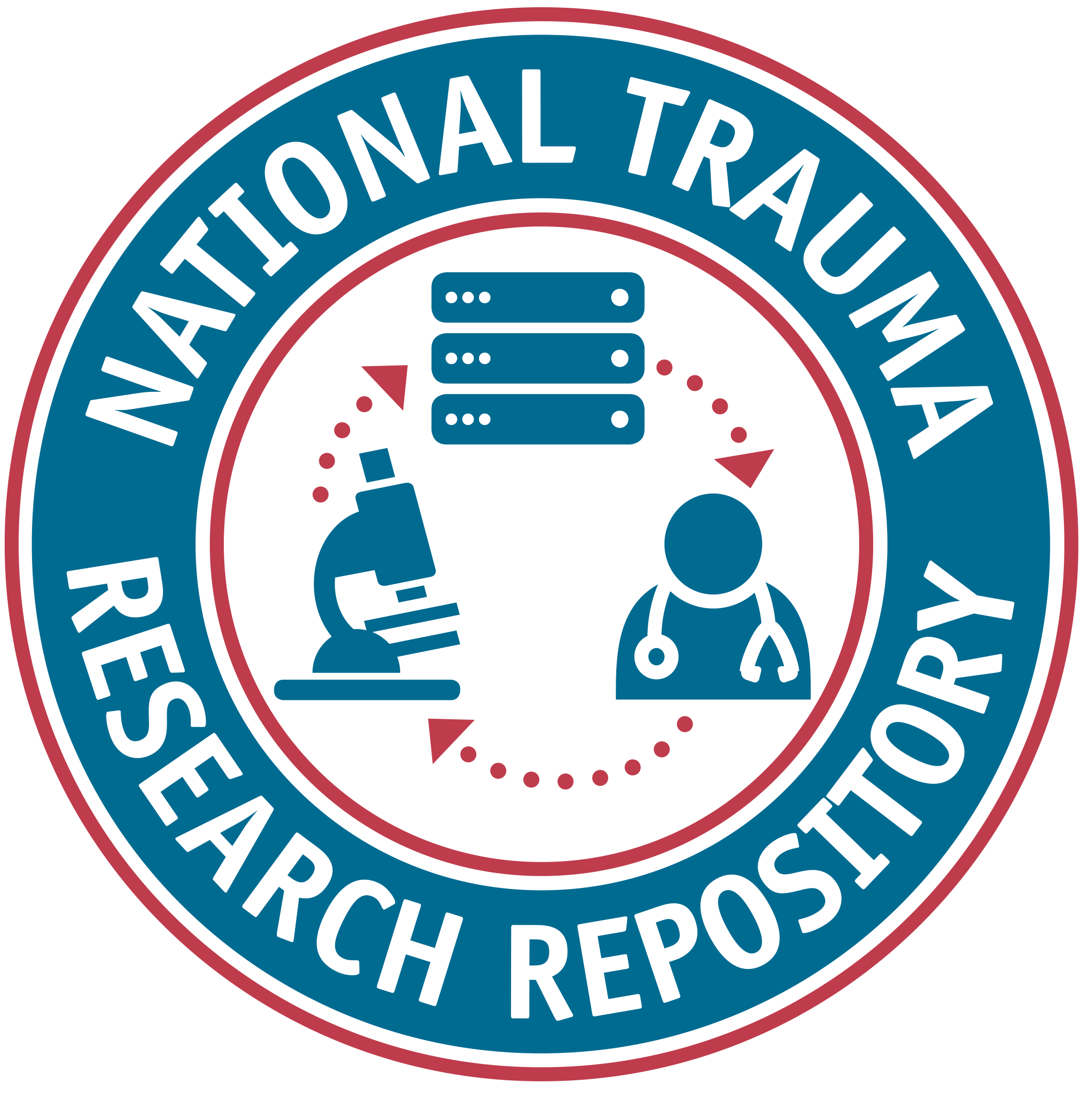Listed below are the details for the data element.
FITBIR
1.10
Element Type
Common Data Element
Glasgow Outcome Scale Extended (GOS-E) - Consciousness indicator
GOSEConsciousInd
Short Description
Indicator if the participant is able to obey simple commands or say any words as part of Glasgow Outcome Scale Extended (GOS-E).
Definition
Indicator if the participant is able to obey simple commands or say any words as part of Glasgow Outcome Scale Extended (GOS-E).
Notes
Q1. NINDS: C18413
Creation Date
Historical Notes
References
Wilson JTL, Pettigrew LEL, Teasdale GM. Structured interviews for the Glasgow Outcome Scale and the Extended Glasgow Outcome Scale: Guidelines for their use. Journal of Neurotrauma 1998;15:573-585.
Data Type
Alphanumeric
Input Restrictions
Single Pre-Defined Value Selected
Population
Adult
Guidelines/Instructions
Anyone who shows the ability to obey even simple commands or utter any word or communicate specifically in any other way is no longer considered to be in vegetative state. Eye movements are not reliable evidence of meaningful responsiveness. Corroborate with nursing staff and/or other caretakers. Confirmation of VS requires full assessment.
Preferred Question Text
Consciousness: Is the head injured person able to obey simple commands, or say any words?
Category Groups and Classifications
| Disease | Domain | Sub-Domain |
|---|---|---|
| Traumatic Brain Injury | Outcomes and End Points | Global Outcome |
Classification
Traumatic Brain Injury:
Supplemental
Acute Hospitalized
Concussion/Mild TBI
Epidemiology
Moderate/Severe TBI: Rehabilitation
Keywords
TRACK_TBI
Labels
NINDS_CDE





